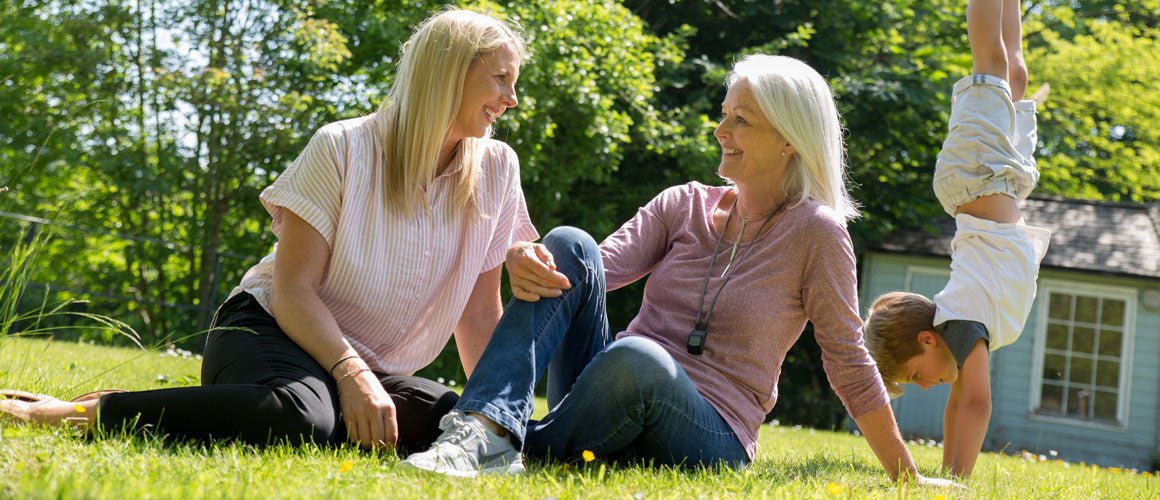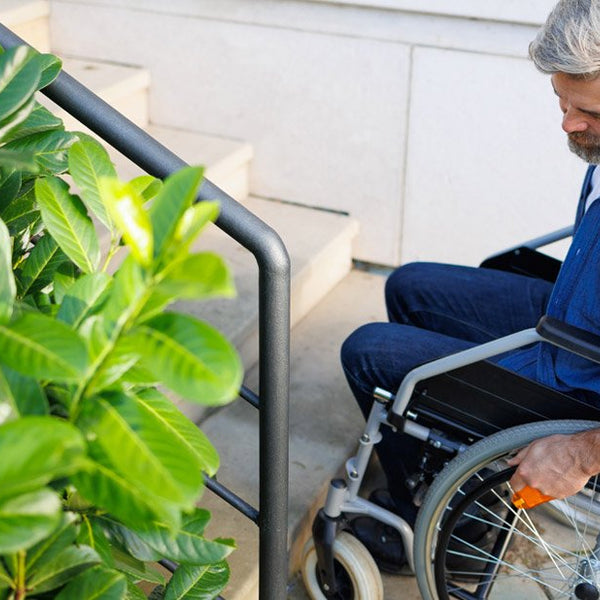Are you looking for ways to stay independent in your own home and live happily and healthily for longer? Or perhaps you’re caring for a loved one but there is uncertainty if they are safe at home by themselves and you want to know what’s best for them?
It can be complicated to navigate through a maze of information about care and understand what it is that you’re looking for.
Sometimes the family member or friend that we care for are not as confident as they used to be living independently. It can be a source of concern, especially if you cannot always be around to help and it can all get too much sometimes. The thought of going into a care home can have an emotional impact and raise financial concerns.
Technology enabled care
According to the UK healthcare market statistics, out of 18 million consumers who are aged 60 and over, 97% are not open to going into a care home. It can be difficult when it seems like a care home or a live-in carer might be the only available options, but the solution can sometimes be much simpler. If the person that you care for could benefit from peace of mind and reassurance should they need help in an emergency, technology enabled care (TEC) could be just the answer.
Telecare is a technology designed service to provide support at home, enabling independent living and giving confidence that help is available 24 hours a day, 365 days a week.
How does telecare work?
An alarm button, usually discreetly worn around the wrist or neck as a pendant, automatically calls through to the response centre when pressed. By pressing the alarm button, the alarm user is quickly connected to the response centre through the base unit that is plugged into a telephone socket. This provides two-way communication using the sensitive loudspeaker built into the base unit.
A member of the response team will automatically know who is calling and have access to any medical information the alarm user has shared with the telecare provider. They will offer reassurance and send help on its way even if the customer can’t hear or respond. The response team will notify keyholders – nominated contacts who live nearby and have access to the property, such as a neighbour or family member, and the emergency services if needed.
Telecare support to remain independent
An emergency alarm for the elderly is quick to arrange and easy to set-up and use. Additionally, you can make the home safer by adding services and adaptations as and when circumstances change, with many telecare providers offering a range of sensors and elderly fall alarms. These work alongside the personal alarm service, signalling to the alarm user and the response team if an issue is detected.
You can usually add and tailor these to your personal alarm service, choosing and selecting from the available services to meet specific needs. Ask your telecare provider about a safe home assessment to help you decide which home adaptations are most suitable.
Many people benefit from additional reassurance by having a bogus caller button to help deal with unexpected visitors, or a fall detector to monitor falls and stumbles in the movement and get help if the wearer has fallen.
For those who might not easily notice a sudden temperature change, it is recommended to have a temperature extreme sensor, to avoid the risk of suffering hypothermia - especially during the winter months where there might be a drop in the temperature. Other home safety services include smoke and flood detectors and carbon monoxide detector, which is particularly helpful for those with a gas fired boiler.
To get help away from the home, a personal alarm with GPS provides a way to call for help from any location with a mobile network reception. Dementia trackers and dementia alarms are designed to find people who are living with dementia or have learning difficulties and may wander.
A personalised telecare service can help your loved ones' home remain their haven and they can be safe in the knowledge that help is always at hand.
About Taking Care
We have been providing telecare and personal alarms for more than 30 years and now help over 70,000 people remain independent and embrace a healthier and a more active life.
Our response centre provides round the clock support at the press of a button and we have a range of telecare products including fall alarms and a medical helpline to help you remain independent and safe in your home.


